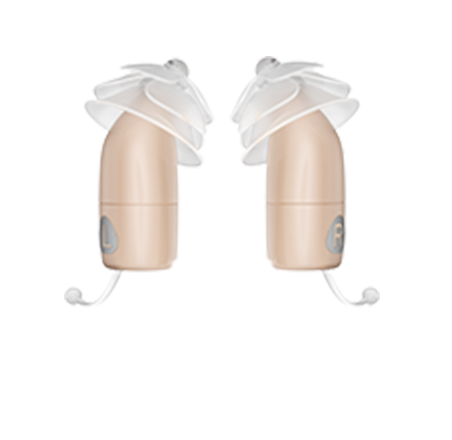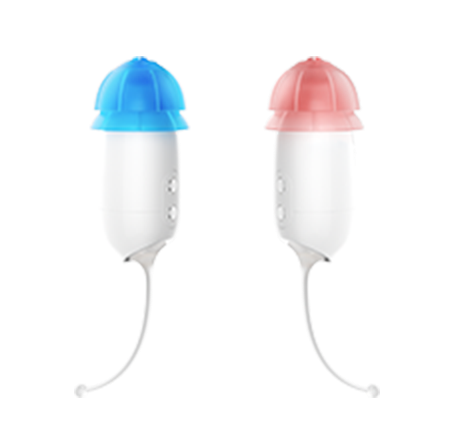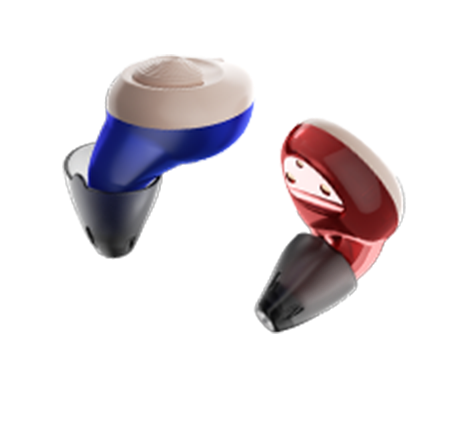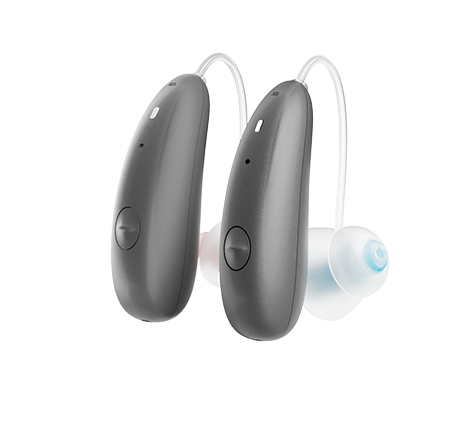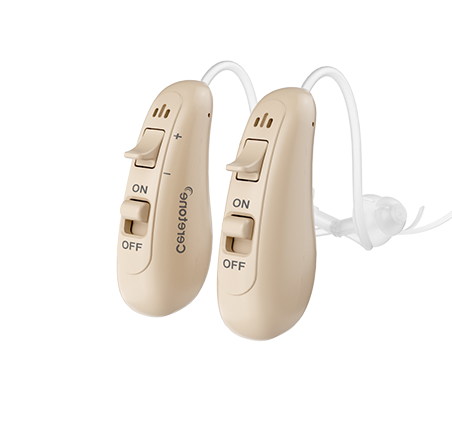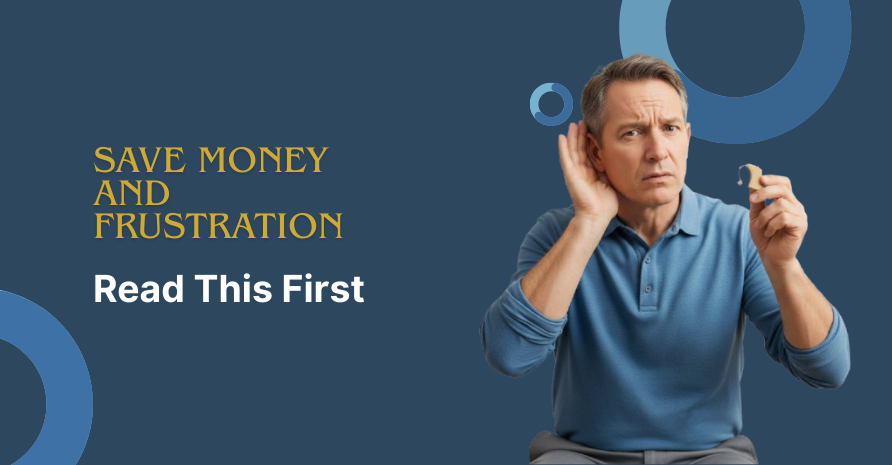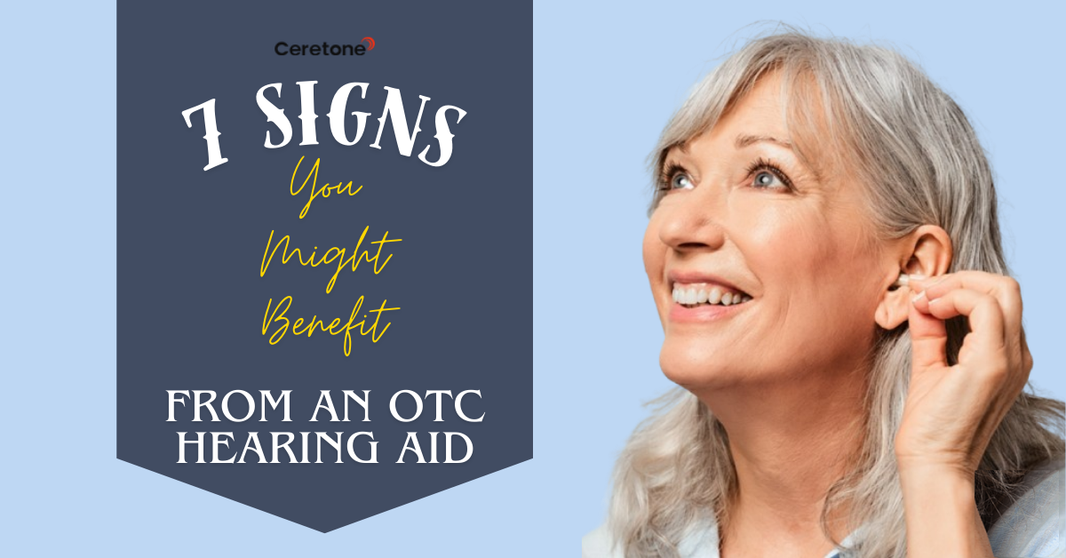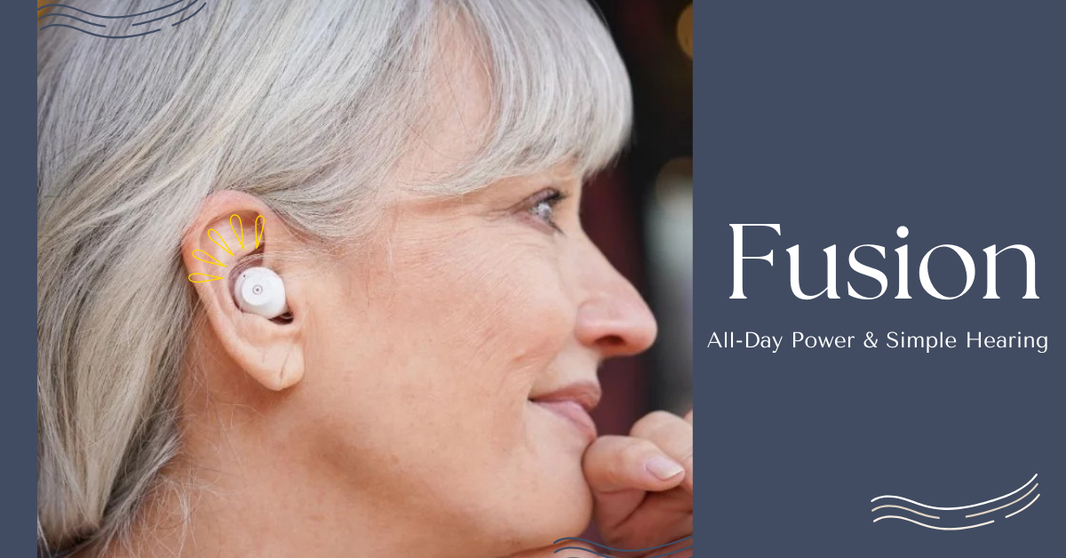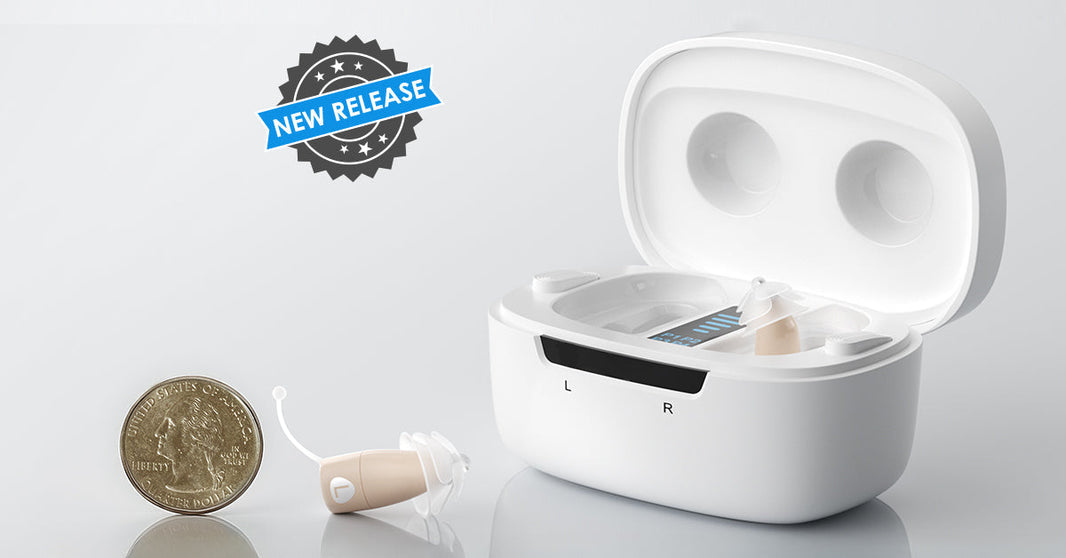
The Transformative Power of OTC Hearing Aids
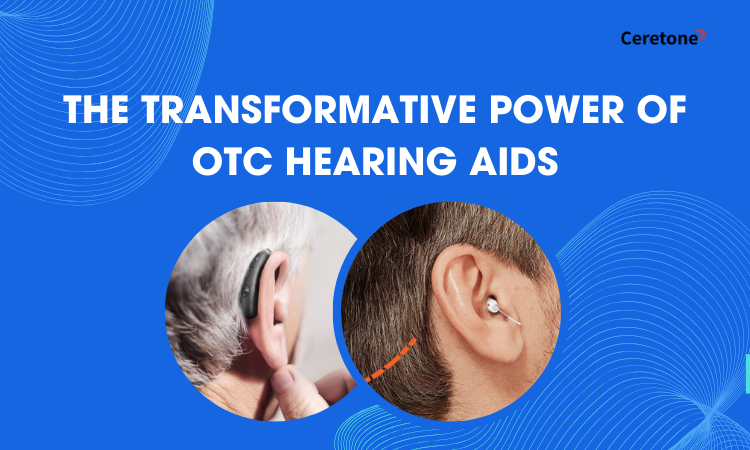
Did you know that millions of Americans are living with some degree of hearing impairment? In fact, studies by the World Health Organization estimate that over 60 million Americans will experience hearing loss by 2050.This growing statistic underscores a pressing need for effective solutions to help people with hearing difficulties while providing a way to improve their quality of life.
But what if there was a way to address this challenge? Imagine a solution that not only helps you hear more clearly in everyday conversations but also allows you to fully engage in all aspects of life. OTC hearing aids provide an innovative leap that can significantly enhance your auditory experience.
From improving social interactions to enhancing mental health, let's explore the ways hearing aids can make a difference.
1. Restoring Communication and Connection
One of the most immediate benefits of OTC hearing aids is their ability to restore clear communication. OTC hearing aids make it easier for users to understand conversations, follow along in group settings, and participate in social activities. Research has shown that individuals with hearing aids experience improved relationships with family and friends, as they can better engage in conversations and stay connected.
A study published by the Center for Hearing and Speech found that hearing aid users reported higher levels of satisfaction in their social interactions compared to those who did not use hearing aids. This improved communication can lead to stronger relationships and a more fulfilling social life.
2. Enhancing Cognitive Function
Hearing loss is not just a matter of auditory impairment; it can also impact cognitive health. Studies have linked untreated hearing loss to an increased risk of cognitive decline and dementia. The brain relies on auditory input to stay active and engaged, and when hearing is compromised, cognitive functions can deteriorate over time.
Hearing aids play a crucial role in mitigating these risks. Before hearing aid support, there was a lack of stimulation in the brain in its auditory and receiving functions; however, by providing clear auditory input, hearing aids help keep the brain stimulated and engaged.
A study published by the National Institute of Health found that hearing aids can help preserve cognitive function in older adults by reducing the cognitive load associated with hearing loss.
3. Boosting Emotional Well-being
Living with hearing loss can lead to feelings of frustration, isolation, and even depression.
The Facts: How are depression and hearing loss linked? (American Academy of Audiology)
- Nearly 33% of adults 70+ have a hearing loss that impacts daily communication
- Typically, people wait around seven years to pursue treatment for hearing loss after first noticing its effects.
- Consistent use of hearing aids has been linked to a reduced prevalence of depression.
- Some studies have shown reductions in depression symptoms within 3 months of hearing aid utilization.
Missing out on social interactions and conversations that you were once accustomed to can take a major toll on one's emotional well-being. OTC hearing aid options may help bring support to those areas and alleviate those feelings by improving auditory clarity and enhancing your day-to-day communications. Everyone deserves to hear the same world.
4. Improving Daily Functioning
OTC hearing aids are crafted to seamlessly integrate into your daily life, offering a variety of designs to suit your preferences. From nearly invisible-in-canal (IIC) models for discreet wear to traditional receiver-in-canal (RIC) options, there's a wide array of choices in OTC technology. Additionally, earphone-like designs provide a modern and stylish alternative.
They help users navigate various environments, from quiet settings at home to noisy public spaces. Modern hearing aids come with advanced features such as noise reduction, directional microphones, and customizable settings, allowing users to adapt to different situations effortlessly.
OTC hearing aids can improve overall daily functioning by enhancing users' ability to hear and respond to important sounds, such as alarms, phone calls, and conversations. This increased awareness helps individuals stay safe and engaged in their daily routines.
Conclusion
The evidence is clear: hearing aids have a transformative impact on quality of life. From enhancing communication and cognitive function to boosting emotional well-being and daily functioning, OTC hearing aids may offer a diverse range of benefits that can improve the quality of life of many users.
If you're seeking a solution to hearing loss that combines advanced technology with ease of use, Ceretone OTC hearing aids may be the perfect solution.
Ceretone is redefining the hearing aid market with innovative, user-friendly products like Core One. Our dedication to improving lives through better hearing aligns with the values of our partners in the medical product industry. By choosing Ceretone, you are joining a community committed to excellence in hearing care, where the joy of sound is accessible to all.
Explore Hearing Options to Improve Your Quality of Life
Citations:
- World Health Organization. (n.d.). Who: 1 in 4 people projected to have hearing problems by 2050. World Health Organization. https://www.who.int/news/item/02-03-2021-who-1-in-4-people-projected-to-have-hearing-problems-by-2050
- Speech, C. for H. & (2023, October 27). How hearing aids improve your social connections. Center for Hearing Speech. https://chsstl.org/how-hearing-aids-improve-your-social-connections/
- U.S. Department of Health and Human Services. (2023, August 22). Hearing aids slow cognitive decline in people at high risk. National Institutes of Health. https://www.nih.gov/news-events/nih-research-matters/hearing-aids-slow-cognitive-decline-people-high-risk
- Depression and hearing loss. American Academy of Audiology. (2022, May 27). https://www.audiology.org/consumers-and-patients/hearing-and-balance/depression-and-hearing-loss/
